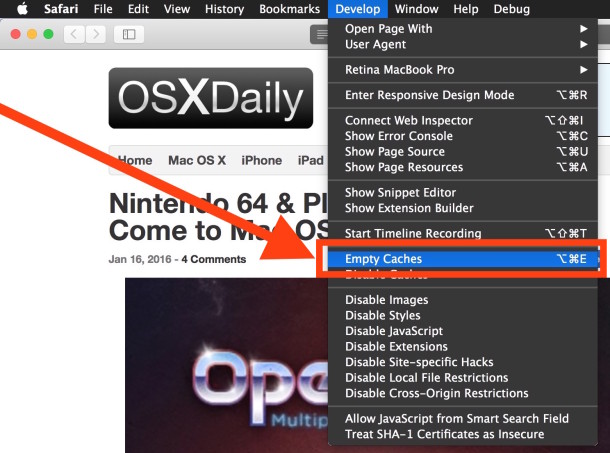

Multiple cross-site scripting (XSS) vulnerabilities in Weblog Server in Mac OS X 10.4 to 10.4.2 allow remote attackers to inject arbitrary web script or HTML via unknown vectors.ĬUPS in Mac OS X 10.3.9 and 10.4.2 does not properly close file descriptors when handling multiple simultaneous print jobs, which allows remote attackers to cause a denial of service (printing halt).ĬUPS in Mac OS X 10.3.9 and 10.4.2 allows remote attackers to cause a denial of service (CPU consumption) by sending a partial IPP request and closing the connection.īuffer overflow in CoreFoundation in Mac OS X 10.3.9 allows attackers to execute arbitrary code via command line arguments to an application that uses CoreFoundation. Safari in Mac OS X 10.3.9 and 10.4.2, when rendering Rich Text Format (RTF) files, can directly access URLs without performing the normal security checks, which allows remote attackers to execute arbitrary commands. Quartz Composer Screen Saver in Mac OS X 10.4.2 allows local users to access links from the RSS Visualizer even when a password is required.

Unknown vulnerability in HItoolbox for Mac OS X 10.4.2 allows VoiceOver services to read secure input fields.īuffer overflow in ping in Mac OS X 10.3.9 allows local users to execute arbitrary code. Safari after 2.0 in Apple Mac OS X 10.3.9 allows remote attackers to bypass domain restrictions via crafted web archives that cause Safari to render them as if they came from a different site. The malloc function in the libSystem library in Apple Mac OS X 10.3.9 and 10.4.2 allows local users to overwrite arbitrary files by setting the MallocLogFile environment variable to the target file before running a setuid application.


 0 kommentar(er)
0 kommentar(er)
